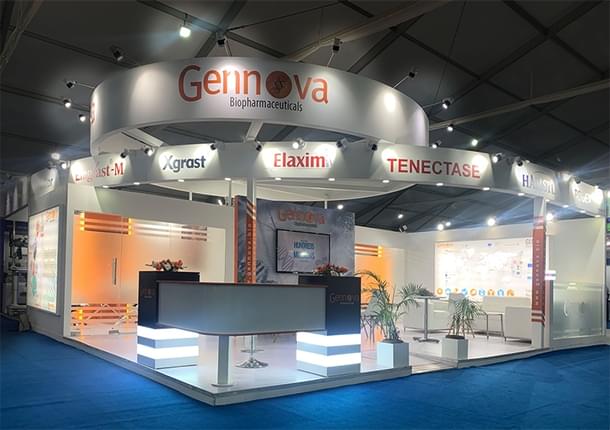News Brief
Pune-Based Gennova Set To Begin Clinical Trials Of India's First mRNA Covid-19 Vaccine This Month
Swarajya Staff
Apr 10, 2021, 10:53 AM | Updated 10:53 AM IST
Save & read from anywhere!
Bookmark stories for easy access on any device or the Swarajya app.


In a major development, the clinical trials of India's maiden messenger RNA (mRNA) based COVID-19 vaccine are set to begin this month.
Pune-based Gennova Biopharma has received the necessary regulatory approvals to begin the phase 1 and 2 trials in the country and is likely to inject the first participant with the vaccine on 19 April.
In the randomised first and second phase trials, Gennova will enroll 620 participants and evaluate the safety, tolerability and immunogenicity of the vaccine in healthy adults aged between 18-70 years, reports Economic Times.
As per the information shared over its official website, Gennova has developed the vaccine codenamed 'HGC019' in a collaboration with Seattle based HDT Biotech Corporation. It has already demonstrated safety, immunogenicity, neutralization antibody activity in the rodent and non-human primate models.
The company claims that its vaccine is unique as it makes use of the most prominent mutant of spike protein (D614G) as a vaccine candidate and is based on the self-amplifying mRNA platform, which gives the advantage of a low dosing regimen. It uses the adsorption chemistry so that the mRNA is attached on the surface of the nano-lipid carrier to enhance the release kinetics of the mRNA within the cells. Also, the vaccine is stable at two to eight degrees Celcius which could be a significant boost for India, enabling easier distribution and administration across the nation.
Unlike the traditional vaccine platforms which make use of dead or inactivated virus particles, mRNA vaccines impart molecular instructions to the body to induce the production of protein through a synthetic RNA of the virus. The protein's recognition by the body's immune system initiates the production of antibodies.





